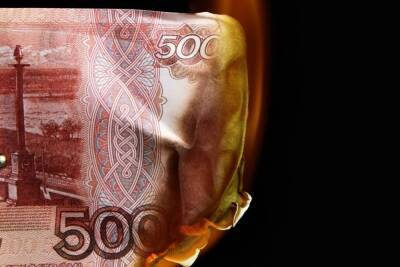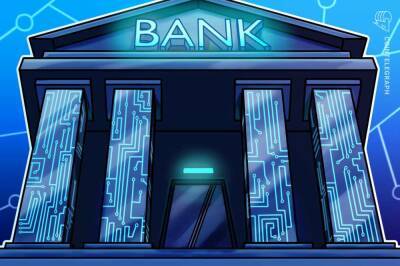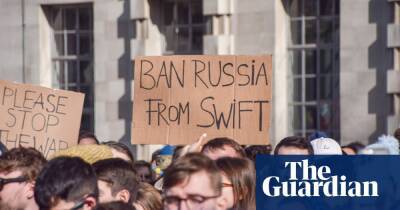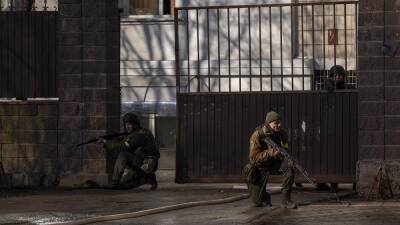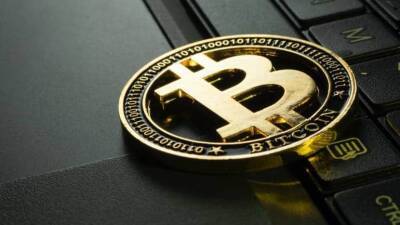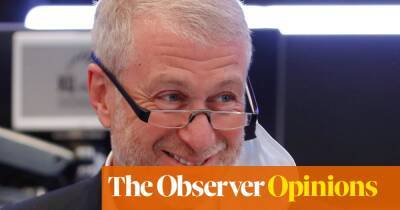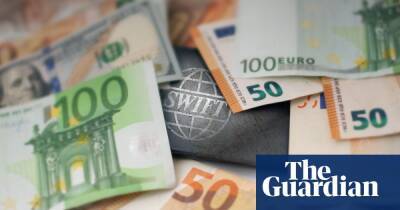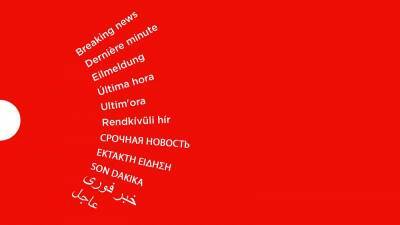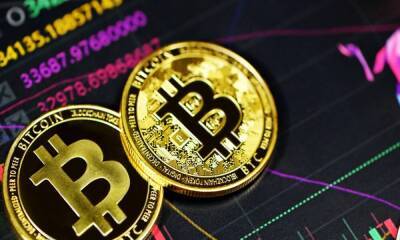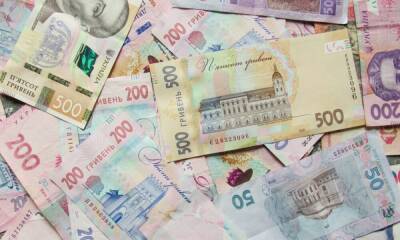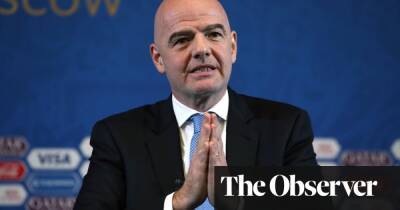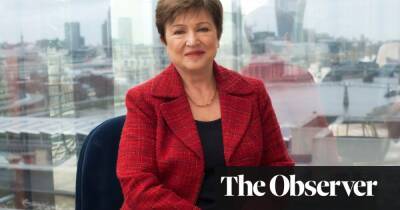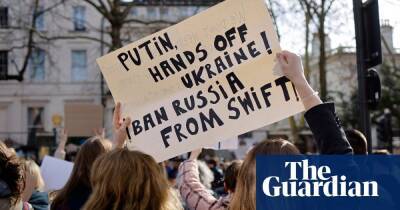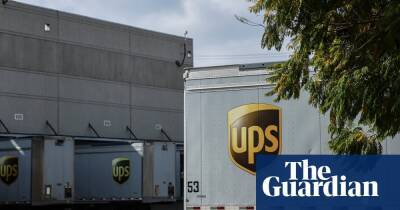Warm words from Rishi Sunak won’t help fix cost of living crisis
Every month the story is the same. The annual inflation rate goes up and the chancellor puts out a statement saying he understands life is tough for the British public.
The only real difference between this month and last was that, in the interim, Rishi Sunak announced his package of measures to soften – but by no means fully offset – the blow from the huge increase in energy costs households are facing in April.
The whopping 54% increase to the average domestic bill will alone add 1.6 percentage points to the annual inflation rate, making the latest figures released by the Office for National Statistics for the cost of living in January something of a temporary respite.
Even so, there was still a rise in the annual rate – as measured by the consumer prices index – from 5.4% in December to 5.5% last month. The figure was actually a bit worse than it looked because without a temporary fall in petrol prices it would have been higher.
Elsewhere, the January sales were less generous than a year ago. As usual, clothing and footwear retailers and shops selling household goods dropped their prices in the new year but the bargains on offer were less generous this January. Clothing and footwear inflation rose from 4.2% to 6.3% because outlets dropped their prices by 4.9% in January 2021 but by only 2.9% last month.
Inflation will go still higher in the coming months. As motorists are now discovering, January’s drop in petrol prices has now been reversed. The temporary reduced VAT rate of 12.5% for the hospitality sector will expire in April, the same month energy bills go up.
Two other things will concern Bank of England policymakers. The first is that core inflation – the increase in the cost of living excluding volatile elements such
Read more on theguardian.com

